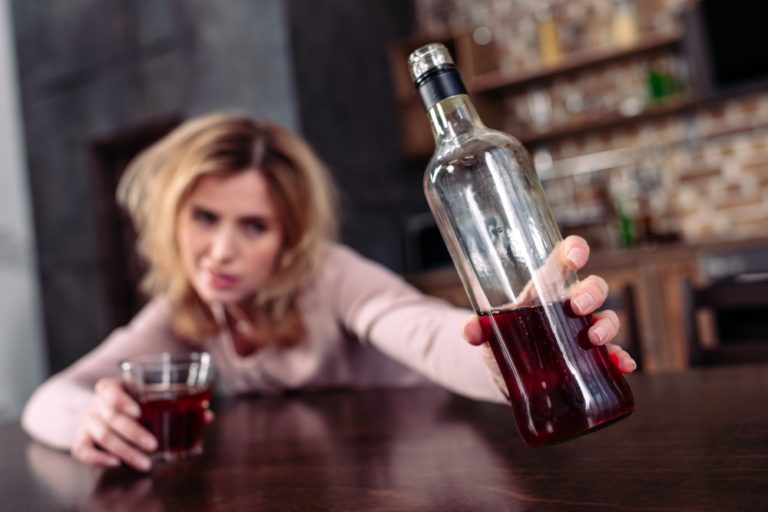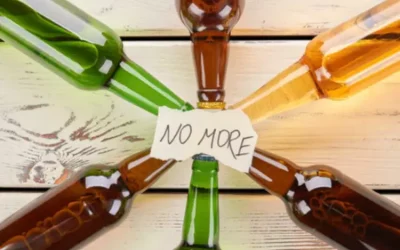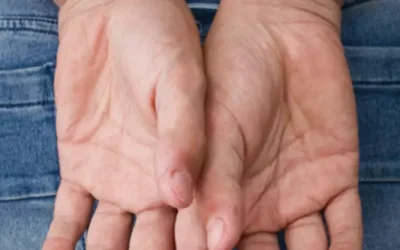Content
For delirium tremens, treatment in an intensive care unit (ICU) is often required. In an ICU, your heart rate, blood pressure, and breathing can be monitored closely in case emergency life-support (such as artificial breathing by a machine) is needed. If you have a sibling or parent with alcoholism, then you are three or four times more likely than average to develop alcoholism.
There are a number of common alcohol withdrawal symptoms, but not everyone will experience these symptoms. They can range from mild to severe and are usually proportionate to the amount of alcohol you usually consumed and how long you’ve been drinking. Establishing new habits and routines, and dealing with the underlying causes of your drinking habits, are essential to lasting recovery.
How To Taper Safely off Alcohol
If you drink heavily, your doctor may recommend quitting with the help of a medical detox center. In medical detox, you receive around-the-clock care from doctors and nurses to help prevent and treat alcohol withdrawal symptoms and their complications. This can set you up for a safe and effective detox and put you in a good position to continue your recovery in rehab.
- Another sign that you might need to taper is morning alcohol cravings.
- You may need to do a slower taper than someone else who was drinking the same amount as you.
- While quitting suddenly (cold turkey) is self-explanatory, tapering may raise some questions.
- The most dangerous form of alcohol withdrawal occurs in about 1 out of every 20 people who have withdrawal symptoms.
Not surprisingly, most symptoms of withdrawal are symptoms that occur when the brain is overstimulated. Alcohol has a slowing effect (also called a sedating effect or depressant effect) on the brain. In a heavy, long-term drinker, the brain is almost continually exposed to the depressant wean off alcohol effect of alcohol. Over time, the brain adjusts its own chemistry to compensate for the effect of the alcohol. It does this by producing naturally stimulating chemicals (such as serotonin or norepinephrine, which is a relative of adrenaline) in larger quantities than normal.
Is it Better to Taper Off Alcohol or Quit “Cold Turkey?”
If you detox at home, talk to a healthcare provider about medications that may help and use self-care strategies to make it easier to cope with uncomfortable withdrawal symptoms. If you have wanted to quit drinking alcohol but were hesitant to do so because you feared that the withdrawal symptoms would be too severe, you are not alone. Many people are afraid that if they quit drinking, withdrawal symptoms could be difficult to manage, or even dangerous.
- By talking with your doctor or an addiction treatment specialist, together you can determine a safe tapering schedule that suits your needs.
- The idea is to religiously take this like medicine for the next week or two.
- For this reason, you should not suddenly quit drinking without talking to your doctor.
- It can also help you gain a new perspective as you consider how your life will change without alcohol.
- Still, for some people, disulfiram remains an effective choice.
- There are many factors that can affect how long weaning off alcohol will take.
There’s no set time frame for tapering off alcohol that works for everyone. Even if your situation seems like someone else’s, your body may respond differently to the tapering process. It can be hard to find (or even know) the balance of how much alcohol your body is able to handle. If you’re not sure if your drinking crosses a certain line or not, try measuring your alcohol intake. “Nutrition optimization is actually the most evidence-based and most important intervention aside from stopping drinking,” points out Dr. Lindenmeyer. This is because, for a lot of people who experience some kind of liver dysfunction, it makes them at risk of not getting enough proteins, calories or vitamins.
Symptoms of alcohol withdrawal can be dangerous
You may also experience mood and behavioral symptoms like agitation, irritability, or anxiety. The alcohol withdrawal timeline varies, but symptoms may begin a few hours to a few days after you stop drinking. The kindling effect is an aspect of alcohol withdrawal that makes repeated attempts at withdrawal less safe. If you go through alcohol withdrawal multiple times, a kindling effect can occur.
Generally speaking, alcohol home detox is neither the most effective nor the safest method of quitting alcohol. However, it is inexpensive and may be suitable for someone whose job, relationships, and well-being are not in jeopardy. For people who experience hallucinations as part of alcohol withdrawal, https://ecosoberhouse.com/ these may begin in the 12- to 24-hour time frame. When that person cuts out alcohol, there is a period when their brain hasn’t yet received the message and still overproduces the stimulating chemicals. With alcohol out of the equation, though, these chemicals cause withdrawal symptoms.
Be the first to comment on “Self Tapering Off Alcohol With Alcohol”
If you’ve been drinking consistently for a long time, it’s a good idea to consider the safest way to stop when it’s time to cut back. However, weaning off alcohol isn’t always necessary for people who want to cut back or stop drinking. The most significant factor is whether or not you’ve become chemically dependent. Programs such as inpatient or outpatient rehab, medical detox, individual or family therapy and support groups are available. Through these programs, our caring and dedicated staff can help you on your road to recovery. Licensed medical professionals and highly qualified addiction specialists at The Recovery Village Cherry Hill at Cooper can help guide you toward a life without alcohol.
It’s important to note that stopping drinking can be dangerous and even life-threatening. It’s vital to speak with a medical professional before you begin weaning off alcohol to ensure you have a plan to do so safely. Little data is available about the safety and effectiveness of alcohol tapers. In contrast, robust evidence supports quitting alcohol while under medical supervision. If you struggle with drinking, the safest way to quit is under a doctor’s care.
There are advantages to the 12 step method, and many people experience success with it. However, Alcoholics Anonymous (AA) doesn’t mesh with everyone’s perspective. Some elements of the program, including the belief in a higher power, aren’t the right fit for everyone. Fortunately, if AA doesn’t work for you, there are other options.
Some people may relapse, or drink alcohol again, to relieve the symptoms. Dietary guidelines recommend that if you drink, men limit daily drinking to two drinks or less per day and women limit their drinking to one drink or less per day. Consuming more than that can lead to liver damage and heart disease, and increase your risk for some cancers. Risky withdrawal symptoms are not limited to the above.3 Learn more about alcohol withdrawal here and, once again, speak to a doctor first. If you’ve decided to taper off alcohol, you’ll need to be prepared with some strategies to make the process easier.









